|
10/1/2018 The azaleas By Mark YoungFfion Atkinson Flickr CC
The azaleas Even though I could not sleep & even though the solar lights stayed on all night & even though we plant- ed them together, I always found an excuse why not to visit when he rang up in the early hours of the morning & invited me around to see how the azaleas were coming on. Mark Young's most recent book is les échiquiers effrontés, a collection of surrealist visual poems laid out on chessboard grids, just published by Luna Bisonte Prods. Due out later this year is The Word Factory: a miscellany, from gradient books of Finland, & an e-book, A Vicarious Life — the backing tracks, from otata. 10/1/2018 This is 37 By Julie HendersonFfion Atkinson Flickr CC This is 37 Age forty is no longer an abstraction or a far-flung hypothetical. No longer am I willing to associate with outdated dreams and schemes. If only I had known what would and would not occur by this age. Miraculously, I realize knowing can be more torturous than ignorance. If possible, I want to learn-- now, not in my next decade-- how to not know. No longer will certitude entice and entrap and hoodwink me. No longer will I think, “Life is long; I can easily put this off.” Life is an echo, an unfinished sentence, and a song I must sing. 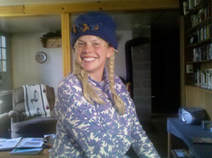 A native of North Dakota, Julie Henderson is an avid traveler, backpacker, and reader. A wordsmith since childhood, her preoccupation with language is a force of nature. She believes, as the novelist Anthony Doerr once claimed, literature has the power to change the world. 10/1/2018 Tautology By Elisa KarbinFfion Atkinson Flickr CC
Tautology We rock in our sockets, twinned lullabies, mirrored viscera. We are the other’s lungs & lobes, so full & electric-veined in our hothouse skin. Wake, sister. Wake & scare back the roiling band of suited men swelling at the horizon. We, with our boreal tongues, were born to devil the black traffic of their encroaching. You see how it is that we are alive because we are deathless— interminable beasts beat in our breast. We endure, healed by the puncture of our blood-oath birth. Such a rumpus, it’s unison wail, this sister-fever. Elisa Karbin's poems have recently appeared or are forthcoming in Indiana Review, West Branch, Notre Dame Review and Blackbird, amongst others, and have been nominated to multiple Pushcart prizes. Her chapbook Snare is forthcoming from Finishing Line Press in 2018. She is a PhD candidate in poetry at the University of Wisconsin-Milwaukee where she also teaches. 10/1/2018 Fault Lines By Gabrielle Brant FreemanFfion Atkinson Flickr CC
Fault Lines I Through thick morning fog, the chickens say snake! Warning warble and cackle while body-warm eggs crack in muscular crush. The laying box writhes as the black spiral body swallows, peristalsis moves food through the long throat, fierce delicacy. Eviction is my chore this morning, making room for future eggs, future breakfasts, future baking, eggs ice-box cold. Catch and release, miles away, a shallow track through high roadside grass. The forest’s throat opens with mist and shiver, dew-choked slither. Sinister garden. Slick snake as snare. I catch it stealing eggs from my box, swallowing whole. Fear in my throat chokes. II Temptation of knowledge put Eve in a box, and this tradition forced us to swallow sin in a neatly wrapped package, delicate throats exiled, bared to the boot. Constricted. You will become like God, said the snake, and just like that Eve was naked, her legs bent at the knee by God, that sallow fellow, punished with pain and patriarchy. In the beginning, women were choked with ovaries, beautiful fruits, ensnared in fertility prison, born with all the eggs we will ever have, snug in the same two baskets. Box of flesh, this guilt you swallow coats your throat. You choke down shame like a snake eats eggs. III I know a woman whose husband’s hands ring her exposed throat. Later, she will refuse to say choked, even though bruises wrap her neck like a snake. Later, he will drag her by her hair as she begs please. Later, he will throw her into a corner, box her in, ball his fists, unhinge his jaw to swallow whatever she has left. He will say, I only choked her a little. And she will remain silent. And she will shake. I know a woman who fears eggs warm from the brief body hollow in a box built for laying, warm from beneath the fallow breast of a chicken, clucking contentment in its throat. Fresh threat, static yoke. She shies away from snakes bellying up. Her fault. Her hollow box. Gabrielle Brant Freeman's poetry has been published in many journals, including Barrelhouse, One, Scoundrel Time, and storySouth. She was nominated for a Pushcart in 2017, and she won the 2015 Randall Jarrell Competition. Press 53 published her book, When She Was Bad, in 2016. Read more: http://gabriellebrantfreeman.squarespace.com/. Brian Jabas Smith's Tucson Salvage How does one even begin to witness another person’s life? We see others inevitably through the prism of ourselves, all of our experiences, our fuck ups, wrong turns, heart aches, joys, fears and stumbling through the dark, hand searching for a wall that often isn’t there when we need most to lean into something that can hold all of our weight, that can sustain us. To understand suffering, one must. And survival, anyone living can speak to that, but the height of the climb and the fall has a hell of a lot to do with circumstance beyond one’s control, geography, neighborhood, the care one got or failed to get right out of the gate. Some go out into the desert with a pack full of new gear, others don’t even have the shoes for the journey. Brian Jabas Smith is a compassionate observer of the human condition. Sometimes his compassion surprises him. People aren’t what he expected, like the bartender of the Chatterbox, Isabel’s boyfriend, David, who bares his piece of soul at an unexpected moment; “He talks of touching people’s lives, through art (tattooing), through animals (his ranch) through kindness (“It’s about helping people get to the next place”). You hate yourself because you are surprised.” We make snap judgements out of survival instinct, we’d be dead if we didn’t size up what is before us pretty quickly. But Smith has an acute sense of smell for the goodness inside us all. It surprises those of us most who’ve fallen by the wayside a few too many times before. Every crash creates a thicker skin, or a softer heart, often both. The rest of our lives is a negotiation with our harder and softer selves. Isabel’s previous boyfriend broke her spine and left her for hours lying in agony on the floor. David is tough and hard to read at first, but as Smith soon detects he is just worried about the love of his life, like anyone would be, working in such a dangerous bar. In this place at the end of the world where “You know of the lady who was living in her car with her Chihuahua…She’d come into The Chatterbox and plug in her rice cooker and drink free soda until one day she was gone. Just like that.” You want to believe she’s okay now, wherever it is her car has taken her, the next town ahead. You don’t want to believe the worst even if experience has taught you that the worst is most often how it ends for far too many of us driving on hard luck roads with hard luck lives. This bar has been standing since World War 2, its barstools carrying the weight of “unemployed machinists and broken newlyweds and alcoholic liars and the hit-upons and best friends and anyone you can personally name who’d manned a stool here.” If these walls could talk they would wail and wail and wail. Isabel could easily be cynical and resigned to the ugliness of the human condition, but “there’s no jaded air of drink-slinger responsibility about her; you understand how she’s comfortable in her skin in that way people are who’ve not let life punishments erode trust and curiosity in others.” The same could be said of the narrator of these small, broken and beautiful lives as well. Brian Jabas Smith has lived the long nights and upended days, and he has arrived here with a compassionate heart still intact. And curiosity. What lies beneath the gruff exterior, where is the humanity we might, at any moment, be missing out on in the other? How do we look for that? How do we pay enough attention without caricaturing what we find before us? “Still you marvel how Isabel is not lost to chaos. Because you are, still. She has her code and so does David. You walk out of there. You tally the ways how the two people are nothing like you, and you suddenly care about them so much it surprises you. At the Chatterbox on a lonely Monday night in June in Tucson.” Tuscon Salvage is filled with the heartbreaking stories of real people living hard lives in the most unforgiving of landscapes. A place where “Alcoholic ghosts with suffering faces – ruddy with busted capillaries – circulate the dirty corners and bus stops.” “I could’ve been, or maybe should be, one of them,” Smith observes in the opening chapter, which serves as a compass of his own life history, he’s felt it too, this desperation and sadness. He observes in the hookers on Alvernon how “their entire beings wilt or rage in direct proportion to the level of meth or catastrophe in their systems, but in the watery streetlight, they’re nearly translucent.” He remembers in that moment “the young mother who lived next door years ago, the last time I’d lived in Tucson. How she committed suicide at the now-abandoned filling station at Pima and Alvernon. How she pumped gasoline over herself and sparked a lighter. How she left behind two little daughters. How before she died, I’d read to her girls out in the sun in my front yard, and they’d stare back at me with eyes all big and curious, faces candy-sticky. Sometimes the littler one would climb onto my back and yank pieces of my hair.” Which brings on the painful memory of a close friend’s suicide “my brilliant running bud Doug Hopkins and how he’d stay with us in our casita over on Camilla Street. He’d blow in from Phoenix, sometimes on a freight train, and we’d kill nights in Tucson, and in Nogales, like we did when we lived in Phoenix. I wanted to die too when he committed suicide. His big-footed, see-beauty-in-everything drunken self still stumbles all over this low, dusty town. His sweet pop songs are on the radio, still.” Every city has got a soul. And the people in it, more lost than found, struggling for light that is so damn hard to find. Every one has a story, that’s true enough, and while most here are tragedies the light at the end of the tunnel isn’t always an oncoming train. Sometimes it’s just the other side. We walk clear into an almost blinding light and we don’t how we made it through, but we did, those of us still living. The ghost of Smith’s mother (who wasn’t ready to go) and his father (who died of cancer), they are everywhere, losses that don’t add up, that leave God sized holes in him so hard to mend. We pick up the trail of where we come from and where we’re going and try not to let what we’ve lost here make us dark inside. His father’s presence still presses near sweetly; “I’ll hear his tenor sax ostinatos and gentle guitar runs, like he’s next to me playing with a passion only he could get lost in.” A phantom song in the air that reminds one that those we lose have a way of staying with us no matter where it is they’ve gone next. We can find them in the hills, the breeze off the lake, a child’s laughter, and in darker moments too, we carry them with us like lodestars. Observation is lifeless if not informed by life. The taste of it, bitter and sweet. One doesn’t work without the other. Smith has a way of looking under the hood of rough exteriors and finding what’s wrong with the engine, so to speak. In the Bravo base where vet’s organize an encampment, a home for the homeless. A place where, beyond the right wing pull of the orbit, Smith can see that something good is being done here despite the ugliness that might come with it. Walking amidst “beards tinted yellow from years of nicotine. Squint and they could be unclaimed bodies arranged neatly in morgues, lost to a frigid society. They’re not. They’re saved.” One broken brother in arms helping another. “One vet couldn’t live in four walls, ever, not after Nam. Veterans On Patrol built him a little house – volunteer high school kids from PPEP YouthBuild Tucson did the heavy lifting – that sits in the center of camp, christened Mercy Huss House. The little wooden abode is symbolic too. An on-site show of putting homeless in homes. Here he’s surrounded by Army tents and dirt and squalor and death and drugs and booze problems, and the train, which rumbles by morning and nights, loud as thunder. He’s happy. Beats the underpass in monsoons.” Don’t need much to be happy when on-the-outs is where one has spent most of their lives. You become grateful for the small things. Out here, they are not so small. Walking the halls with Fred, Smith writes; “His silence commands in that way that makes him easy to respect. Like anyone who’s been off to battle, in the gory war fields, in the years of feral homelessness, with the bottle, with the speed. [His roommate and] others call him the camp patriarch. Says Fred experienced things in Nam that no human should ever have to. Ever. Says Fred got blown up too. I imagine, above all else, in this minute, that Fred is uncomfortable with any moments of tenderness. The terrifying insides of his mind.” To accompany a man on such a short walk and yet be able to feel the fire inside him, the heavy load on his back. Empathy is a practice. It’s not like breathing, you have to count down deep inside yourself for the next intake and exhalation. You have to pay close attention to something that happens so quickly in someone else, if you blinked, you’d miss it. Who and how they are. Another Vet “He’s a cancer survivor – a ruptured tumor in his head nearly killed him. (“People ask why I’m so happy. Well, I’ve already seen death twice.”) Some of us count our blessings from scratch. Don’t need much, four walls, a warm meal, a few people around us who’ve seen and survived the same shit. Who’ve been to hell and never came back, not the same. “Resignation to an existence with others whose only commonalities are military or homelessness or both. Sometimes that isn’t much. But it makes Bravo, as homeless vet G. Cross tells me, a family. Evenings are often spent around a fire, people conversing, old school.” “Cross is kind, admittedly lost, pretty soft-spoken. I get the feeling he never mattered enough to anyone to be a focus of concern. He says, “How are you gonna get started if you have no one and no home? People don’t hire people who are 58-and-a-half. What are my skills? I can drive. I can speak Farsi, Spanish.” He’s hanging on until November, when his military bene- fits kick in. Until then he’s got nada. Says he’d moved from his Arizona home to Sonora because it was cheaper to live. Says lots of vets do that now. It’s becoming a thing. Vets can’t find work stateside so they go to Mexico. It’s that or homelessness. He leads to Bravo’s outdoor “field shower.” He’d just re- paired it, easier flow for the water bag mounted above, and he’d made it more usable, extra room, added some waterproof flooring he’d found. He’s proud of it. He talks about creating a garden in back, using shower gray water.” Repairing the water in the line, growing a garden, these small things are not so small, not in this place. Cross, in this sacred and broken moment, matters enough to Smith to be a focus of concern and care. Underneath the hood, that engine is so much stronger than its breakdown. Smith has come through his own version of many of the troubles that beset the beautifully broken and resilient people in this book. But suffering has not made him hard or indifferent, it has made him curious as to how other's do what is most impossible to do when a life is run aground for so long; come through with an intact soul and a beating, compassionate heart. When is a life not salvageable? When is it too late? Is it ever, really, too late? These vessels are but bodies lost in the desert, in a wandering so deep the pain is the air you breathe. To be a torch in such darkness is to know that if you yourself somehow came ashore, others can too. It's to listen with your nerves. In Tuscon Salvage, it is lives, unseen and unspoken that are salvaged. Pains collected, front cover to back, witnessed by a man who has seen the dark and reached for the light. He has lost things, like others in this desert. Is still here, impossibly alive, and curious enough. And surprised by what he finds. The beauty and the breakdown. If these walls could talk they would break your heart. Preorders available now from Eyewear. Visit www.briansmithwriter.com/ for more. 10/1/2018 Your Name By Kerriann CurtisPaulius Malinovskis Flickr CC Your Name I write your name Your name Your name Accentuate each letter with a flourish Four was always my favorite number Affirmations alone in the bath Bare skin Starving pink palpitation Grasping Voracious Beseeching breaths try to supplicate for just one more instance of peace Pleasure A flash of pain but instead rewarded with Blue lips Wrinkled fingertips Making mountains out of the rubble Diving through the ruins Scavenger hunt for one Self-detonate (My Atlantis is here somewhere) Fall to the floor Prostrate Truth seeps out from the floorboards My gift My tribulation Alarms Alarms Alarms Speak now or forever hold your….  Kerriann Curtis is an artist and poet based in San Tan Valley,Arizona. She is a writer on the serialized literature website Channillo, and also co-founder and editor at Wordkrapht. 10/1/2018 Tilt By Ergene KimFfion Atkinson Flickr CC
Tilt You are never completely set: never completely standing in the solid pale pink salmon soles of both your feet. The earth shifts through you in cracks and sensations, bent on moving you as much as you are bent on moving the world. [The universe, in return for bringing you here, chips away away away at you like a daughter or son, and says you can go find your missing parts at the bottom of the sea.] Shadows you have met thus far (do not protest; you know they’ve passed you by), sliding off your uncertain shoulders like honey; they’ve taken bits of you as they walked away towards the sun; to disappear. The girl you saw once when you used up all your pocket money to go to London and “get lost,” the girl who stands behind the coffee bar and the one you wonder about: does she have a little brother who waits for her call, a call that will never be made if she keeps working like that? does she like to read in snatches, hidden behind the folds of her dirty used apron? Endless seams of these moving salmon, swimming upstream past the jaws of death(no, never past) to give birth to the very things that cling to you and drag threads of you away, sending you into a slight spin that never stops. Your mother reached into your heart and switched it on. Your little sister took away your selfishness; your baby brother stole your sense of self-preservation. Everything you have ever been given will always be taken away—leaving you out of breath, on the ground, dust in your eyes—or perhaps, we’ll find you balancing precariously, gently, on the side of a ravine. Ergene Kim is a 17-year-old writer, who aspires to become a published author one day. She fell in love with classics at a young age and has been writing since then. She is based in California, and wishes to move to London as soon as she can. She also plays the piano and violin, which are named Sebastian and Sherlock, respectively. 10/1/2018 All We Can Do is Go On By Angel CezanneEllie LoNardo Flickr CC All We Can Do is Go On for Margaretta, Mary, and all the others Death is the cook of nature And she loves wood-burning ovens The smell of oak, of vinegar Of scabbed and healing flesh She stokes her fire with a rod of iron And her eyes light up, yellow and electric She chops her onions, celery and bell peppers And she shucks spoiled oysters To make a sickening gumbo While somewhere, someone is moribund Eyes wide, waiting for a taste She’ll spoon feed them Her bedside manner, like no other Feeding their spirit Calling them home  Angel Cezanne is a freelance editor and writer, the creator of Eleanor: A Zine, a mental health advocate, a caregiver, and a low-key meme queen. Her creative writing has been published by Crab Fat Magazine, Sea Foam Magazine, Selfish Magazine, and others. 10/1/2018 Poetry By Steve KlepetarGiles Dring Flickr CC Blood and Bone You spring from puddles left by snow. I look away, and you leap into life, your black hair flying, and your mouth open like a rose in the sun. There you are, racing across the yard, your little legs gobbling up the ground. Sometimes you scream inchoate sounds – terror, frustration, joy – sometimes you taste a thousand words as they roll from your lips. Fully armored, you leapt from my brain, from my loins, from the split bark of oaks. You rise from underground, you descend from a ship made of clouds. Your smile is a gash on the wall, a plume of flame curving across the sky. I have loved you forever, waiting with hands open and eyes turned inward toward blood and bone. Beside the River We will stay home tonight, beside the river and the frogs. We will wait for the moon, which rises full and pale as ice. Together we will walk out onto the deck and lean against the rails. The only thing that saddens us is that we can’t stay like this forever, in this good house among the hills. Again we hear voices in the trees, calling from a long way off. You speak about the sky as I listen to your words filling the space between us. You speak of heat and rain and the coming fall, which we can almost taste on the river’s skin. 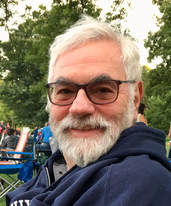 Steve Klepetar’s work has appeared widely in the U.S. and abroad, and has received several nominations for the Pushcart Prize and Best of the Net. Recent collections include Why Glass Shatters and The Coffee Drinker’s Son. 10/1/2018 What I’m Capable Of By Sheila SondikLive4Soccer68 Flickr CC What I’m Capable Of I did it because there was only one pine siskin at the bird feeder. The air was like a lightly wrung-out sponge. I disremembered the sun. The orange cat I'd never seen before stalked the pine siskin. I wanted a kind of purity in my life. I promised not to hurt the cat if she would disappear. I'd resort to violence again but only if feints and foolishness failed. I did it to save the tiny, voracious finch. I did it to satisfy my own hunger. 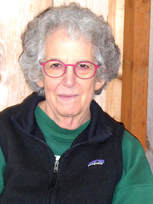 Sheila Sondik, poet and printmaker, lives in Bellingham, Washington. Her poetry has appeared in CALYX, Kettle Blue Review, The Literateur, Raven Chronicles, The Floating Bridge Review, and elsewhere. Egress Studio Press published her chapbook, Fishing a Familiar Pond: Found Poetry from The Yearling, in 2013. She has studied a wide range of Japanese and Chinese art forms and her haiku, tanka, and related verse are in numerous print and on-line journals. |
AuthorWrite something about yourself. No need to be fancy, just an overview. Archives
April 2024
Categories |
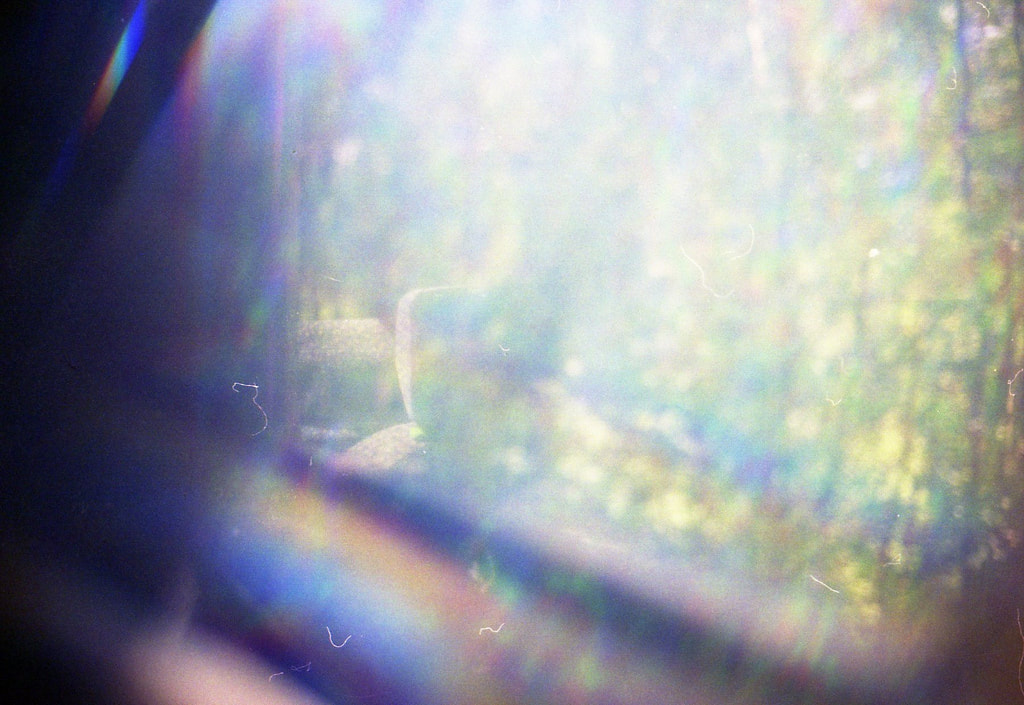
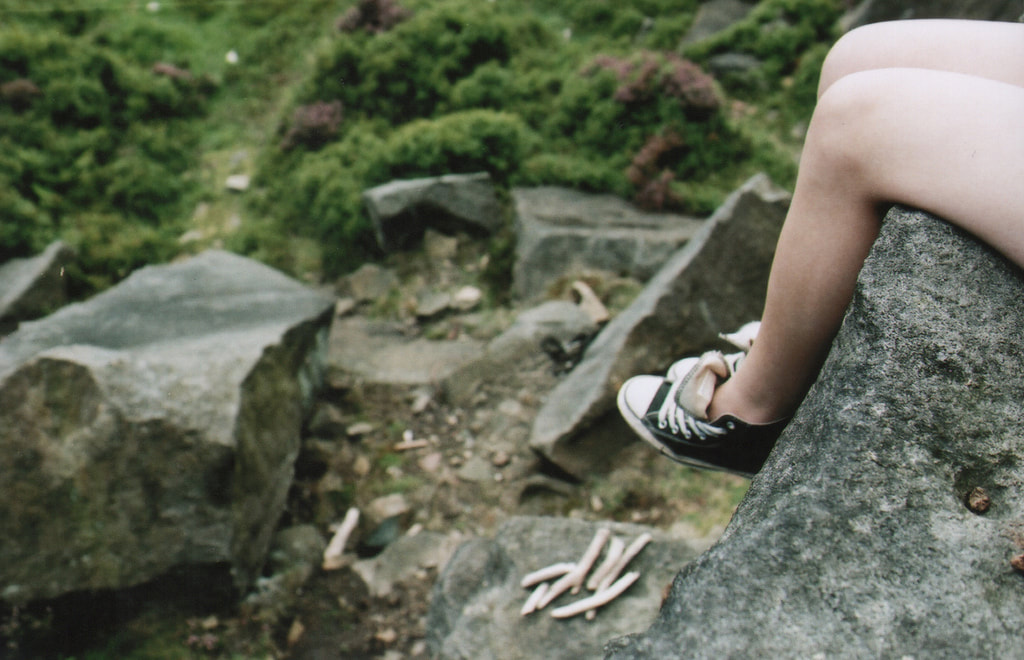
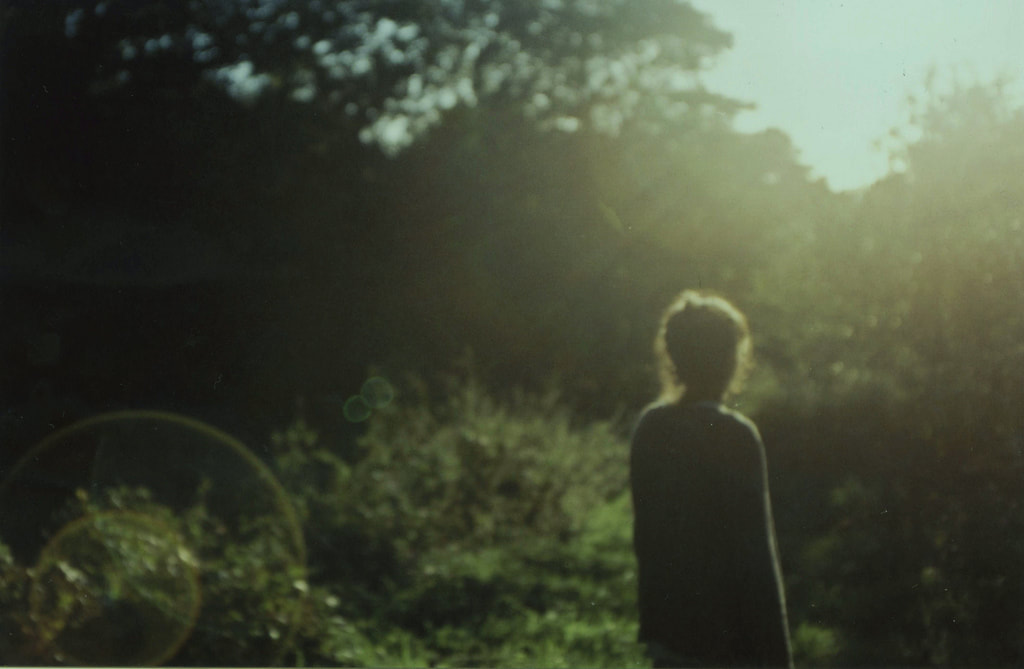
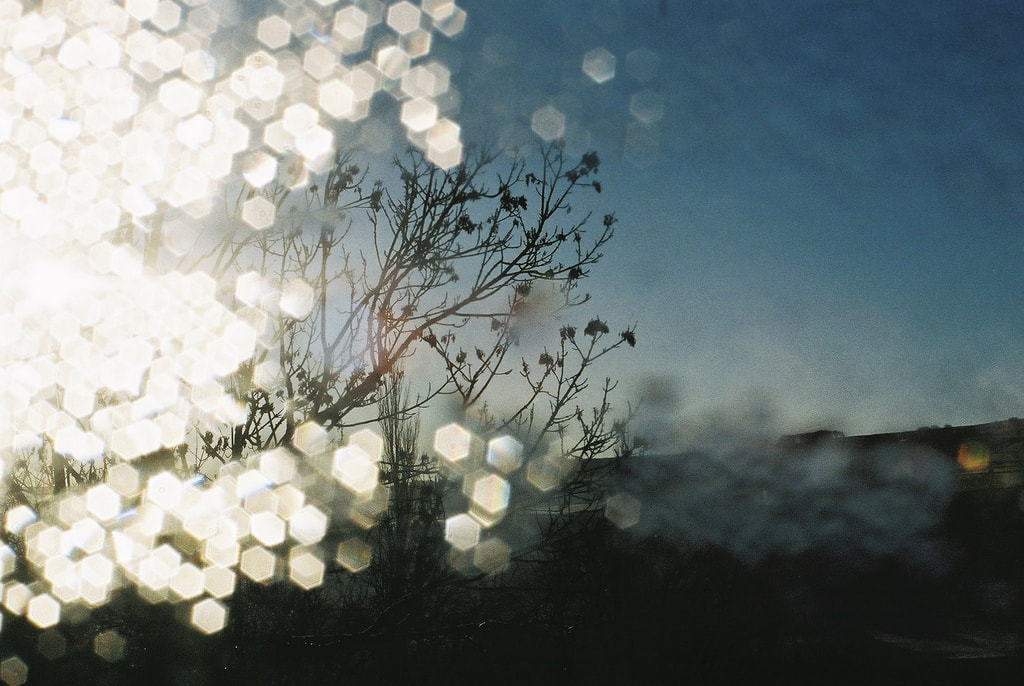
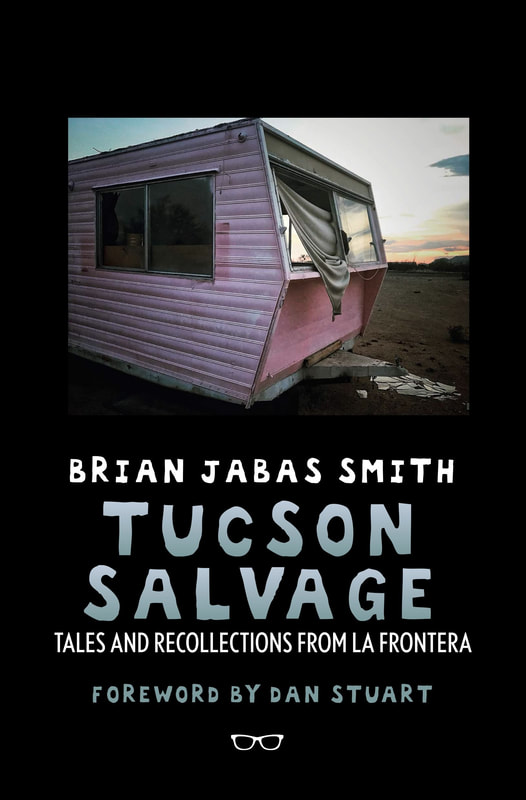
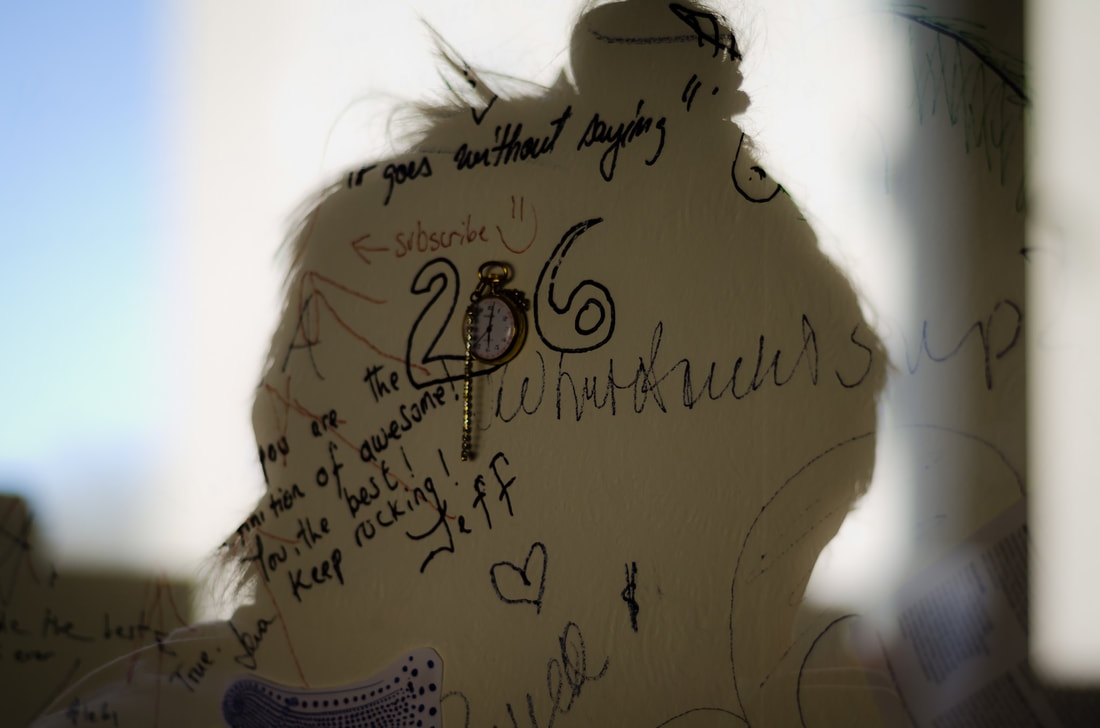

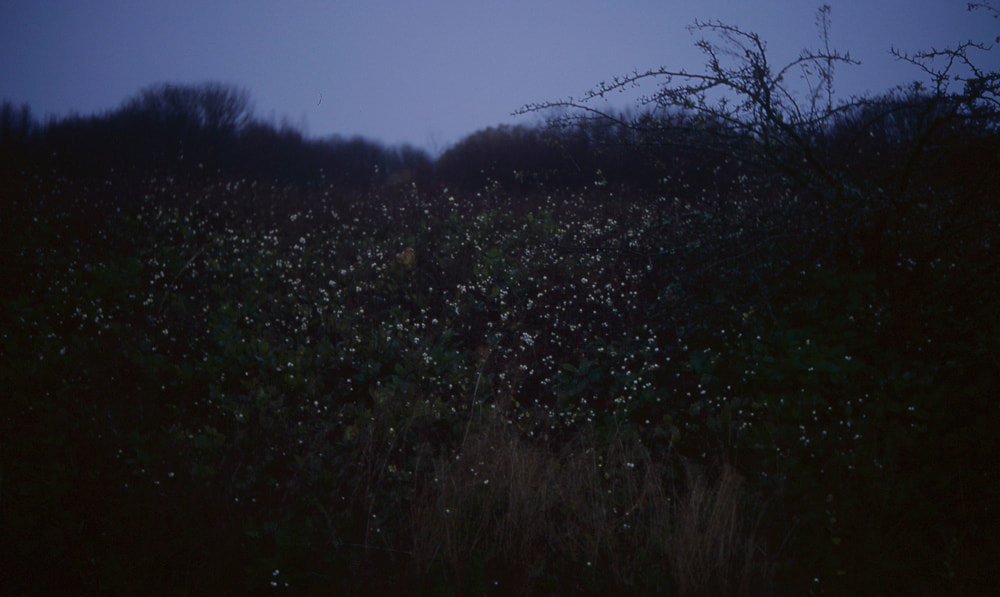
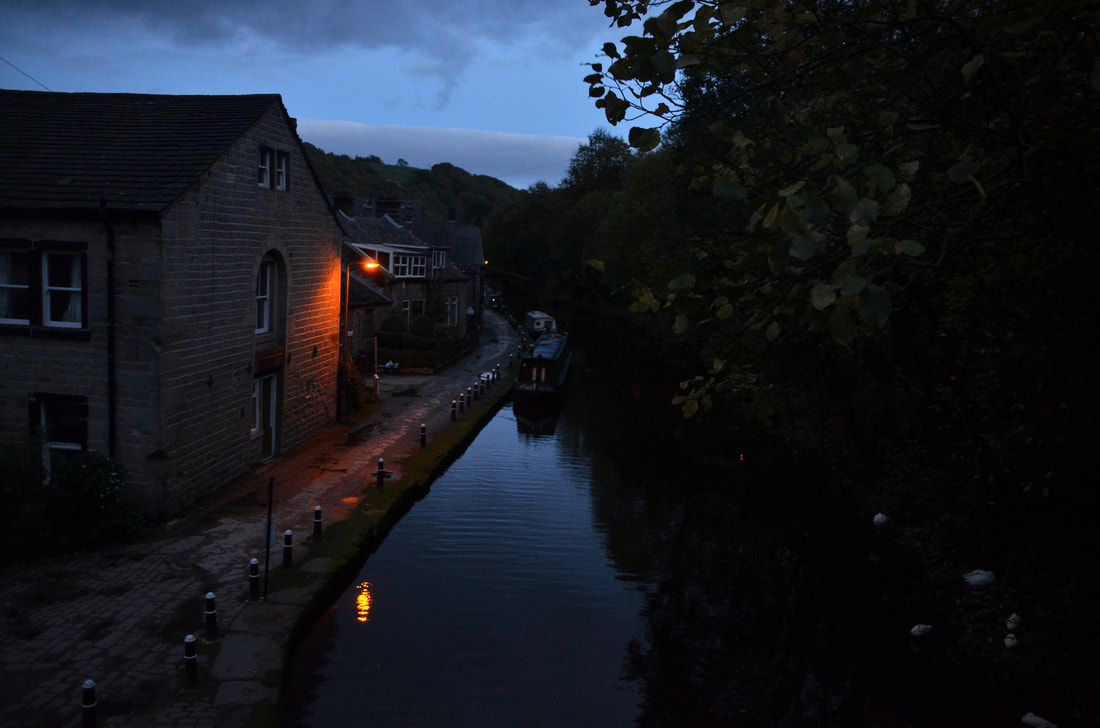
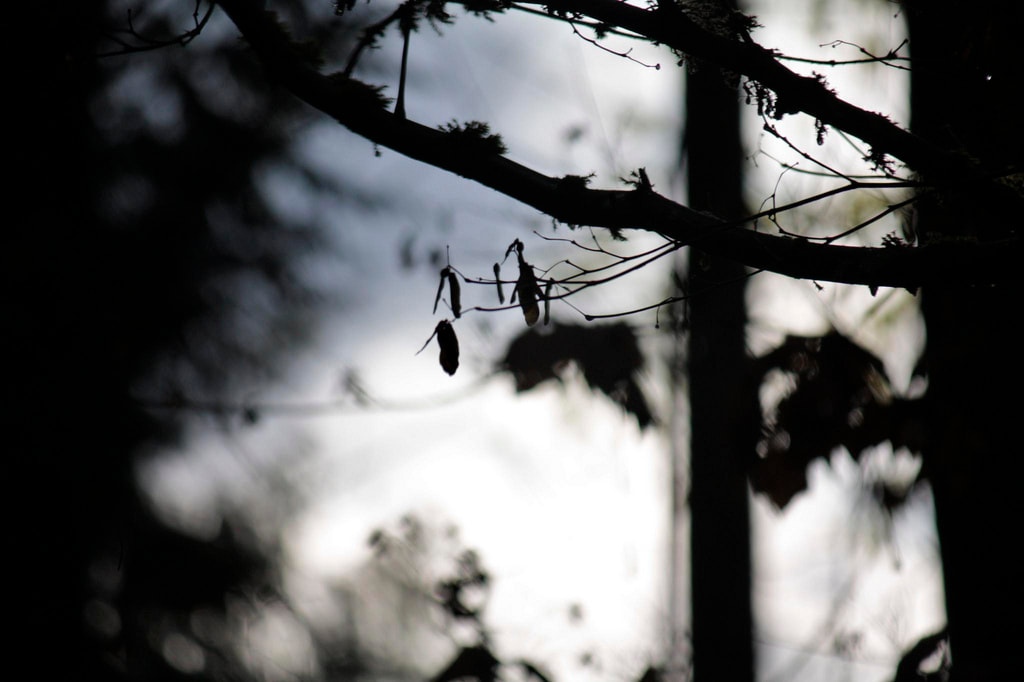
 RSS Feed
RSS Feed
